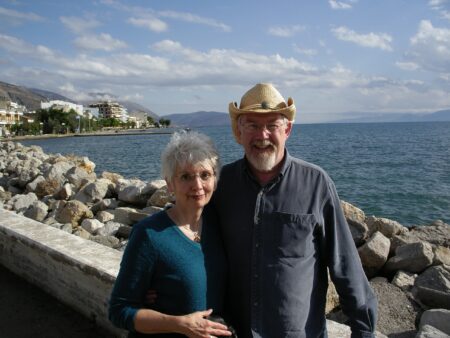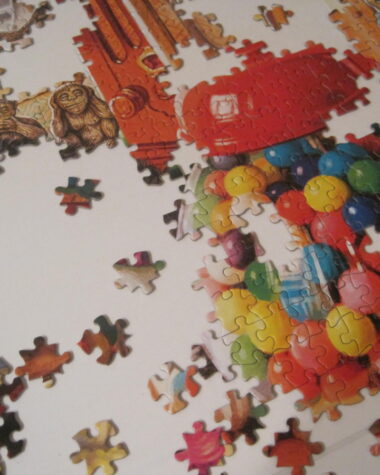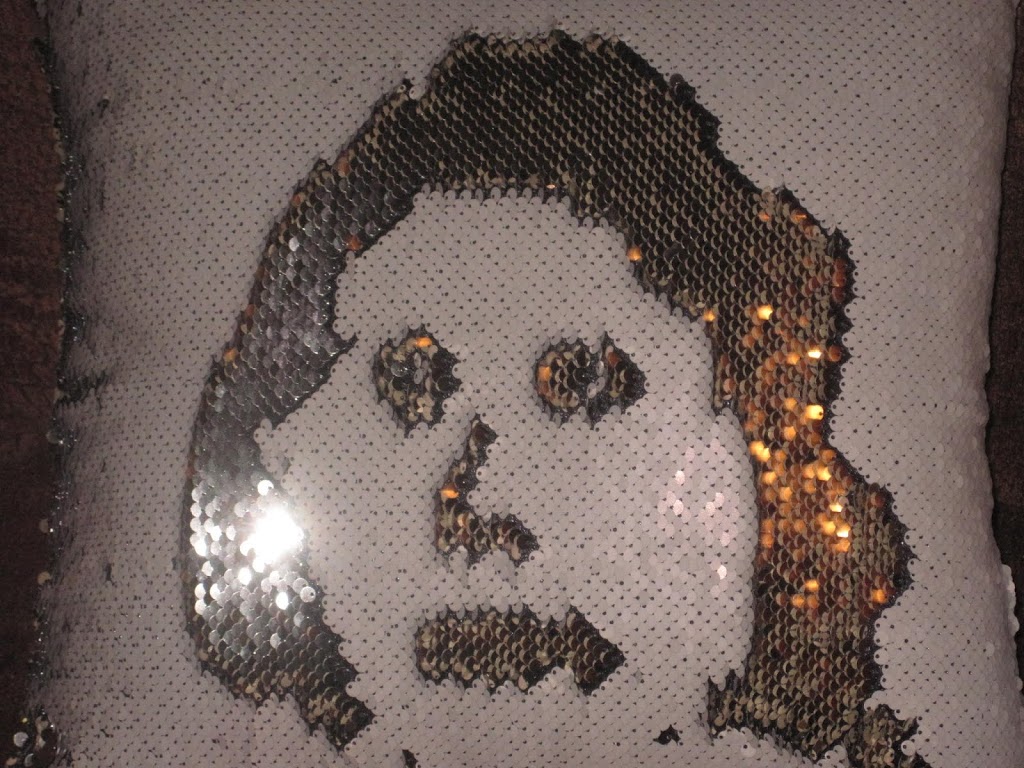This week we will be exploring ‘why.’ In particular, ‘why’ questions. I have heard reporters are forbidden to ask ‘why’ questions; instead they focus on what, where, when & how questions. ‘Why’ are they discouraged from asking ‘why’ questions? We might also ask, is there a place for ‘why’ questions? Then, is it ever important to ask ‘why’ questions? I can assure you that there will be no answers to these questions, but ‘why’ don’t you keep reading and explore ‘why’ this might be true with me?
On Wednesday of this week, I was interviewed by the sparkling Rachel Corpus for her podcast, Angel Talk. I was so surprised when Rachel invited me to be a guest on her podcast, especially when she shared that the Angels had directed her to find out about my book Fear, Folly & Freud: A Psychotherapist in Psychoanalysis. Because I wrote this book so everyone could know the possibilities available through deep therapeutic work, in my case, Freudian psychoanalysis, I was thrilled to accept her invitation. At this point, you are probably not much different from I and have multiple ‘why’ questions about this happening.
Last year when I was working with the talented & wise Mary Nilsen at Zion Publishing, this was one of the first questions she asked: ‘why’ did I think that I had signed up for psychoanalysis? Sitting at her kitchen table, drinking tea enjoying gluten free cookies, discussing this ‘why’ question, it seemed there would be no end to the answers available for exactly why I went to psychoanalysis, while at the same time, it appeared there was not one specific reason. Taking literary license, we answered this ‘why’ question with a metaphor: Getting stuck in the mud.
Psychoanalytic literature answers the ‘why’ people go to analysis by reporting that people go to psychoanalytic sessions when the stories they have told themselves about their lives have stopped, become too painful, or both. I was not aware of a particular story I was telling myself but if I play with that idea, sort of free associate, perhaps my life story had stopped because I had everything I wanted: successful career, good relationships with precious family members and great friends, and a comfortable townhome to live in.
If you are at all familiar with psychoanalysis, you probably know that in analysis, the analyst attempts to get access to the patient’s unconscious. Psychoanalyst Adam Phillips* writes that psychoanalysis is a transitional language – one possible bridge from a stuck place to a place that has more personal freedom. You do not have to be in psychoanalysis to transform or get unstuck. Any type of education can draw out the innate, unique wisdom inside you if you commit yourself to the process.
Psychoanalytic theory posits that behind every thought is a feeling. These feelings are housed in our unconscious. I have never heard anyone else say this – but maybe the unconscious is both the storehouse of ‘why’ questions and the storehouse of answers to ‘why’ questions.
Maybe answers to ‘why’ questions are only found in the unconscious and since we do not know what is in our unconscious, and it takes so much work and so much time to get to the contents of the unconscious, it is better not to ask ‘why’ questions.
What was the last ‘why’ question you remember asking or answering? Please let me know.
*I will let you know when our conversation will be posted. You can find Angel Talk wherever you listen to podcasts. It’s a fun podcast!
**Phillips, Adam, On Kissing, Tickling and Being Bored: Psychoanalytic Essays on the Unexamined Life. Though the title is great and intriguing, the essays are very dense and almost un-understandable so I am not recommending this book. I could lend it to you if you desire – just let me know.
Image: “Why” do I look so short in this picture of us in Greece, 2009?








2 comments
Hmmm. I can see how “why” is an important question–especially for the purposes of psychoanalysis! I find there is a danger in “why,” however, as well. It can keep us stuck in the past or feeling victimized. Whenever I ask “why,” I like to quickly follow it with “how.”
For example, when I find myself asking a “why is this happening” question, I pair it with a “how would I like it to be?” or a “how do I need to/how would I like to change my behavior and/or thoughts about this particular incident/event/pattern.”
Thanks, as always, for keeping us thinking, Nicky!
Thank you Diane for shedding light on the ‘why’ issue. I love your suggestion and will think of it next time I ask ‘why’
I appreciate your faithful readership and am happy to help you keep thinking! We think together for the good of the world!
Comments are closed.